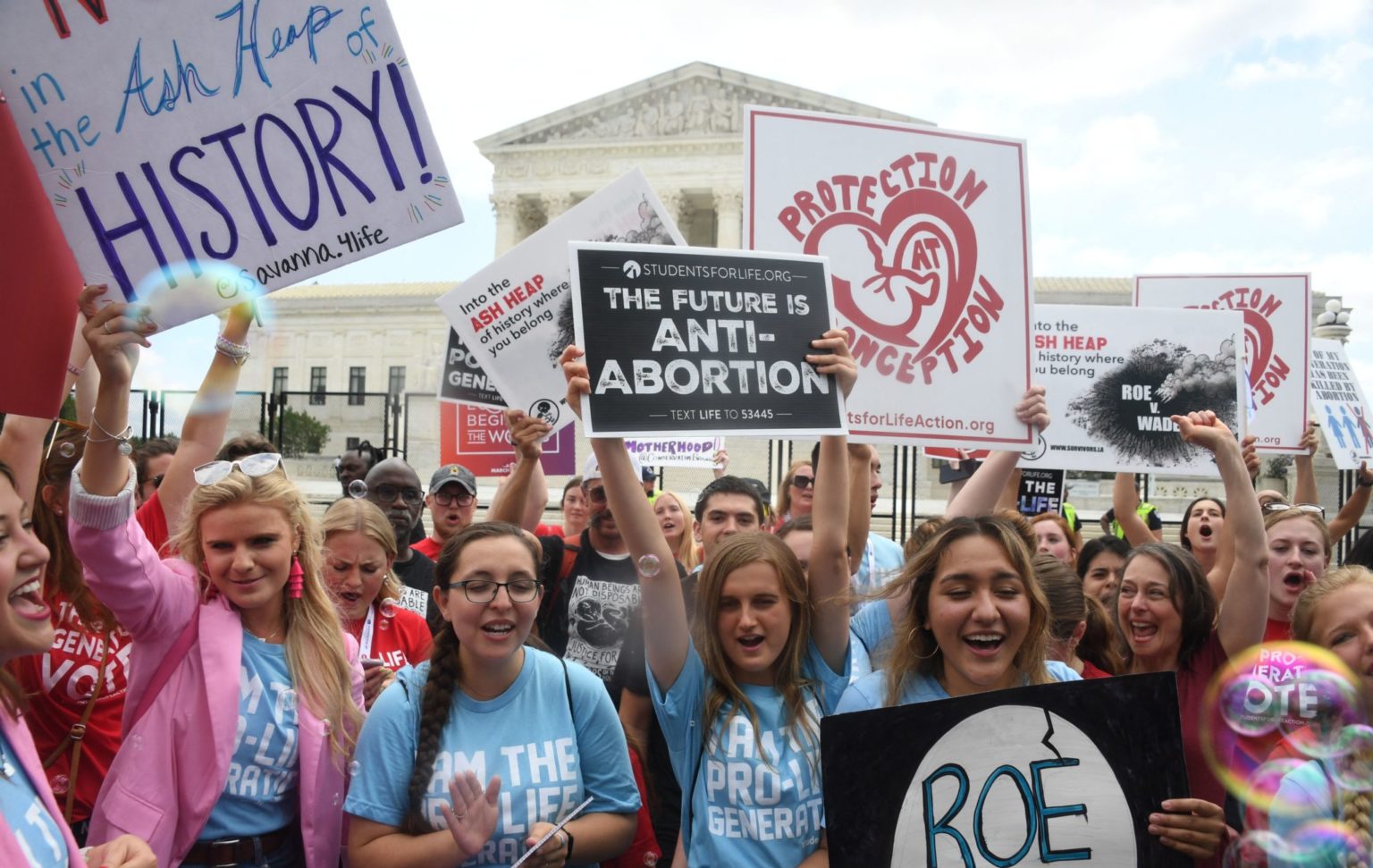Roe Is Dead

Roe v. Wade has been overruled.
After decades of state-sanctioned slaughter, the Supreme Court Friday in Dobbs v. Jackson Women’s Health declared that the “Constitution does not confer a right to abortion” and returned the question of fetal life to the states.
The decision comes weeks after a draft opinion was leaked by someone within the Court. The verdict was split along the lines foreshadowed in the leak, with Justice Samuel Alito delivering the opinion of the Court, joined by Justices Thomas, Gorsuch, Kavanaugh, and Barrett. Justices Thomas and Kavanaugh filed separate concurrences, while Chief Justice Roberts concurred only in judgment.
The Court held that “Like the infamous decision in Plessy v. Ferguson, Roe was also egregiously wrong and on a collision course with the Constitution from the day it was decided.” It found that Roe, Casey, and other abortion precedents were unworkable, and had led to the “distortion of many important but unrelated legal doctrines.” The majority called Roe‘s viability line “arbitrary.”
Subscribe Today
Get daily emails in your inbox
In the majority opinion, Justice Alito argued that “Roe was egregiously wrong from the start,” adding that “Its reasoning was exceptionally weak, and the decision has had damaging consequences.” Rather than “bringing about a national settlement of the abortion issue,” he said, “Roe and Casey have enflamed debate and deepened division.”
Alito and other members of the majority hastened to point out “[n]othing in this opinion should be understood to cast doubt on precedents that do not concern abortion.”
Justice Thomas agreed in his concurring opinion that Dobbs itself does not cast doubt on those precedents, since the merits of the Court’s 14th Amendment jurisprudence were not directly at issue in the case. However, Thomas added that, “in future cases, we should reconsider all of this Court’s substantive due process precedents, including Griswold, Lawrence, and Obergefell.” He called the Court’s interpretation of the 14th Amendment to include “substantive” due process “demonstrably erroneous.”The dissenting Justices Breyer, Sotomayor, and Kagan claimed that the Court’s decision would have the “certain” result of “the curtailment of women’s rights, and of their status as free and equal citizens.” They doubted the majority’s promise that its decision would not imperil other precedents like Obergefell and Griswold, claiming that either the majority was engaged in “hypocrisy, or additional constitutional rights are under threat.”It is uncertain whether the logic of today’s decision will implicate other decisions spawned by judicial activism. What is certain, however, is the national abortion regime that has taken the lives of millions of children has met a long-overdue end.
Comments